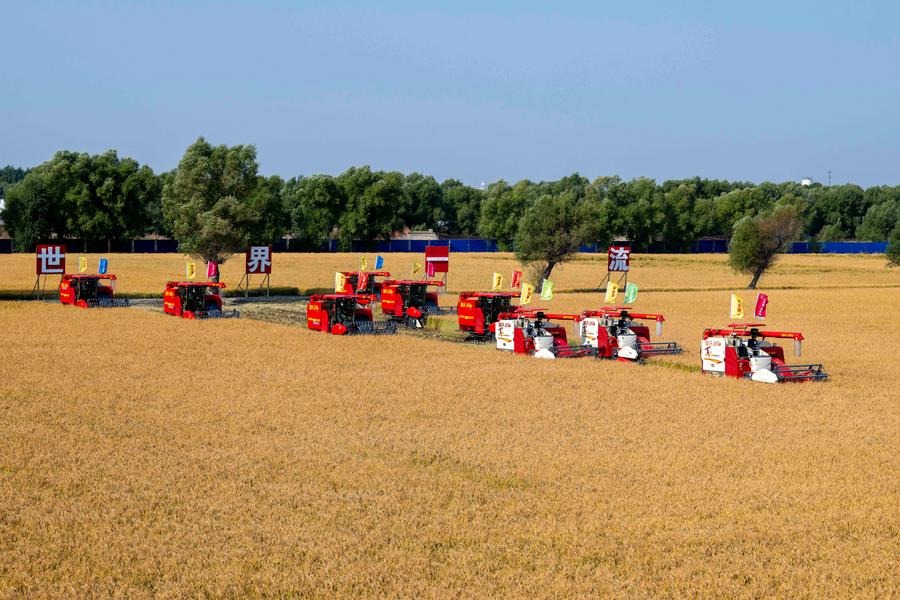China turns ancient caves into big data treasury


GUIYANG -- More than 40,000 years ago, ancient Chinese ancestors made fires and took shelter in dark caves; in today's digital era, such caves are turned into safe and secure data storage centers in the city of Guiyang, also known as China's Big Data Valley, in the country's southwestern mountainous Guizhou province.
As the country's first national big data comprehensive pilot zone, Guizhou now boasts 37 data centers in operation or under construction, working for enterprises including Apple, Huawei, and Tencent, as well as scientific research projects like the Five-hundred-meter Aperture Spherical Radio Telescope (FAST), or the "China Sky Eye."
The province has promoted the big data industry as its backbone, with 37 percent of its GDP coming from the digital economy in 2022. Its digital economy is taking the lead nationwide, maintaining the country's highest growth rate for seven consecutive years.
Last year, Guizhou, endowed with numerous caves created by its signature vast karst landscapes, became a key node for China's grand project of channeling more computing resources from eastern regions to its less developed yet resource-rich western regions.
- Aerial photos reveal Guizhou's dramatic karst landscape
- Guizhou's Huanggang village named on UN Best Tourism Village list
- Gansu's first captive-born panda cub turns one month old
- China adds 22 sites to wetlands of national importance list
- PLA expels an Australian warplane intruding into airspace over China's Xisha Islands
- China, Thailand to enhance cooperation in intelligent rehabilitation




































